The health benefits of phytochemicals
What is it about vegetables that you can’t get from meat or dairy?
- Surya WrightJuly 10, 2017
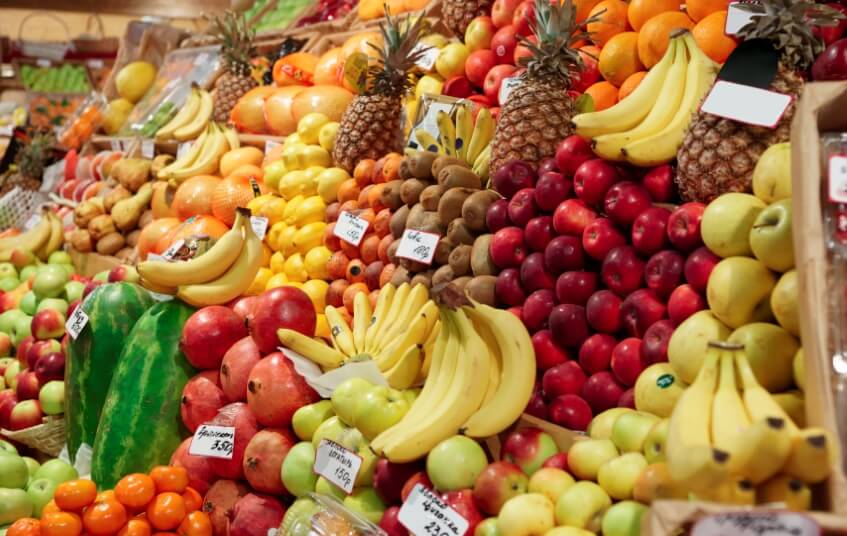
Share
We're always being told to eat more vegetables. The government has said we should be eating 5 a day. Around the world that number is sometimes higher with some studies suggesting 7 or 10 a day would be better for your health.
But what is it about vegetables that you can’t get from meat or dairy?
Well, that would be phytochemicals!
What are phytochemicals?
Phytochemicals are chemicals produced by plants that they use to defend themselves against disease. There are over a 1000 of them. It’s estimated that there could be more than 100 different phytochemicals in just a single serving of vegetables!
Now, research has shown that these same chemicals can prove equally beneficial to us, helping in areas like cancer, heart disease and diabetes prevention.
For example, plants protect themselves against bacteria, fungi, viruses and cell damage with:
Phytosterols: Tests performed in laboratories and in animal studies have shown that phytosterols:
- Have been found to induce appropriate cell death in human prostate, breast and colon cancer cells.
- Phytosterols may reduce the inflammatory activity of our immune system (important for protection against heart attacks).
Carotenoids are the yellow, orange and red pigments that plants create they are:
- Alpha-carotene, Beta-carotene, Beta-cryptoxanthin, Lycopene, Lutein and zeaxanthin
- Carotenoids reduce the chance of heart disease and some cancers, keep eyesight healthy and keep our cells communicating, don’t forget to chop!
- Research done on humans has consistently shown that diets high in fruits and vegetables which contain flavonoids lead to a considerable reduction in the risk of heart disease, stroke, high blood pressure, cancer, osteoporosis and cataracts.
- Isothiocyanates may inhibit the development of cancer, are anti-inflammatory and could protect us from damaging cell distortions.
- In lab and animal tests resveratrol has been shown to inhibit the development of cancer, be an effective antioxidant and delay the development of heart disease.
Are phytochemicals antioxidants?
Phytochemicals are often accredited as being antioxidants; however their antioxidant (cleansing & repairing) activity is far less powerful than their positive influence on cell signalling.
Healthy cell signalling is vital in the prevention of the distortions that lead to cancer.
Why not just take supplements?
Evidence that very high doses in the form of supplements of individual phytochemicals are beneficial is inconsistent and weak.
In fact, recent research has shown that high supplement doses of phytochemicals or polyphenols can be damaging to DNA, more evidence that the most beneficial dosage is from natural food sources.
How can you know which vegetables have which phytochemicals?
Check out the individual vegetable pages and the phytochemical pages on CheckYourFood for the latest news.

Surya Wright
Co-founder, production manager
I'm our communications and marketing person, dealing with social media and copywriting. I also work with Matt and Ric overseeing the design and strategic management of the site. I'm also the author of the Eva the Hungry Amoeba children's book series (only one so far). You can find it on Amazon. My favourite foods, shepherds pie and smoked haddock!
Love this? Get blogs and more in your inbox
Subscribe to receive our blogs plus each weeks featured ingredient, recipe and nutrient in your inbox
SUBSCRIBE
Thank you for registering
Search
Recent Posts
Tags
- added sugar
- alkaline
- alzheimer’s
- amino acids
- anti-inflammatory
- antioxidants
- beta carotene
- biotin
- black pepper
- blood pressure
- boil
- brocolli
- calcium
- calorie
- calories
- cancer
- capsaicin
- carbohydrate
- carotenoids
- chicken recipes
- chocolate
- cholesterol
- choline
- christmas
- clean eating
- coenzyme q10
- copper
- covid-19
- curry
- dementia
- detox
- diabetes
- diet
- easter
- endurance
- energy
- equinox
- fat
- fats
- fatty acids
- fibre
- fish
- flavonoid
- folate
- food battles
- food diary
- food tracker
- fruit
- gut health
- halloween
- health
- health goals
- heart disease
- high fructose corn syrup
- ibs
- immune system
- in season
- iodine
- iron
- kids yogurt
- life
- lipoic acid
- liver
- low carb
- lutein and zeaxanthin
- lycopene
- macronutrients
- magnesium
- manganese
- medicine
- mental health
- micronutrients
- microwave
- minerals
- myricetin
- natural sugar
- niacin
- nutrition
- obesity
- olive oil
- omega 3
- omega 6
- organic
- pantothenic acid
- phenylalanine
- phosphorus
- phytochemicals
- phytosterols
- pizza
- polyphenols
- potassium
- pregnancy
- probiotic
- protein
- quercetin
- rda
- recipe
- red wine
- resveratrol
- retention
- riboflavin
- saturated fat
- selenium
- seniors
- soup
- spice
- steam
- stress
- stroke
- sugar
- sugar free yogurt
- superfood
- supplements
- teaching
- thanksgiving
- thiamin
- thyroid
- tomatoes
- turmeric
- veg
- vegan
- vegetables
- virus
- vision
- vitamin a
- vitamin b12
- vitamin b6
- vitamin c
- vitamin d
- vitamin e
- vitamin k
- vitamins
- water
- weight loss
- weightloss
- yogurt
- zinc

The personalised nutrition platform for health hungry people

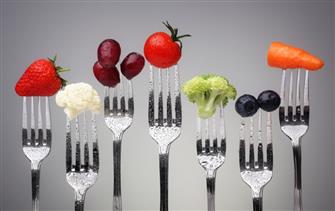 About nutrients
About nutrients
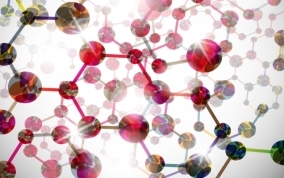 All nutrients
All nutrients
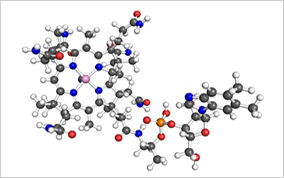 vitamins
vitamins
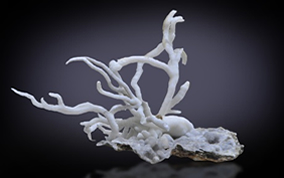 minerals
minerals
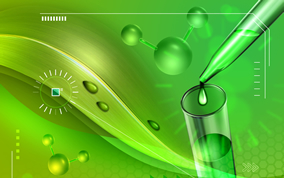 phytochemicals
phytochemicals
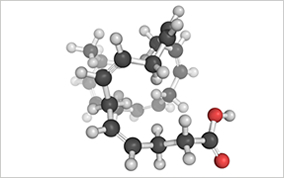 fatty acids
fatty acids
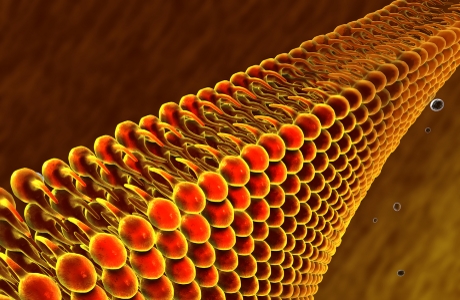 macronutrients
macronutrients
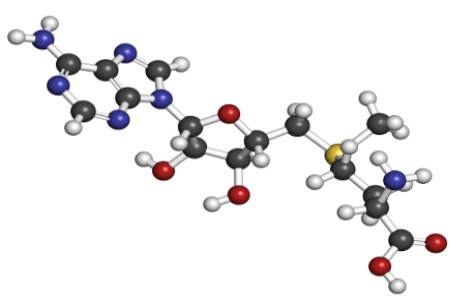 amino acids
amino acids


